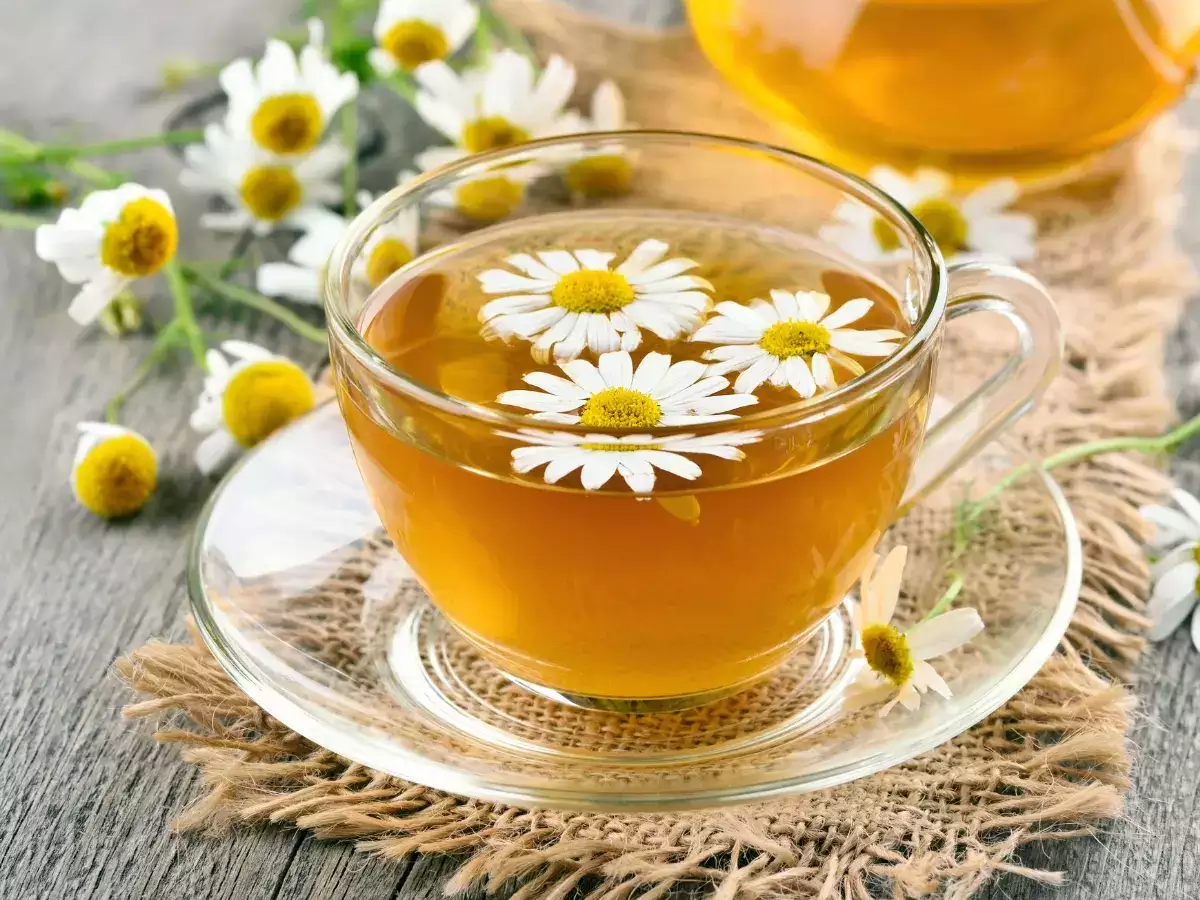Chamomile Tea: A Comprehensive Guide to Health Benefits, Uses, and Precautions
Known as the “Elixir of Relaxation,” chamomile tea has a rich history of being a soothing and calming beverage beloved for centuries. In this article, we will dive deep into the world of chamomile tea, covering its definition, nutritional value, health benefits, culinary uses, types, precautions, potential side effects, and answer commonly asked questions.
Definition:
Chamomile tea is made from the dried flowers of the chamomile plant (Matricaria chamomilla or Chamaemelum nobile). Its name is derived from the Greek “khamaimēlon,” meaning “earth apple,” due to its apple-like scent. This infusion is celebrated for its mild, earthy flavor and comforting properties.
Nutritional Value:
Chamomile tea offers essential nutrients, including antioxidants, flavonoids, and phytochemicals. A typical cup of chamomile tea contains minimal calories, no protein, 0.5 grams of carbohydrates, and small amounts of vitamins A, C, calcium, and iron.
Health Benefits:
Chamomile tea provides numerous health benefits, such as aiding sleep, relieving stress and anxiety, supporting digestion, reducing inflammation, and promoting skin health.
Culinary Uses:
Apart from its health benefits, chamomile tea can also be used in baking, cocktails, and sauces to add a gentle floral flavor.
Types of Chamomile Tea:
The primary types of chamomile used for tea are German chamomile, known for its slightly bitter taste, and Roman chamomile, celebrated for its milder and sweeter flavor.
Precautions:
While chamomile tea is generally safe, individuals with allergies to plants in the Asteraceae family should be cautious, and it may interact with certain medications. Pregnant and nursing women should also consult their healthcare provider before consuming it regularly.
Potential Side Effects:
Excessive intake of chamomile tea can lead to allergic reactions, digestive disturbances, drowsiness, and interactions with medications.
Frequently Asked Questions:
The article addresses common inquiries about chamomile tea, including its safety for children, its potential to alleviate headaches and menstrual cramps, and its consumption during pregnancy.
In conclusion, chamomile tea is more than just a soothing beverage; it’s a versatile remedy with a history of health benefits. Whether you seek relaxation, improved sleep, or relief from digestive issues, chamomile tea is a gentle and natural solution that can be enjoyed in various culinary applications. However, it’s essential to be aware of any allergies or potential interactions and consume it in moderation to fully appreciate its calming effects.
Note: The article is based on content generated AI models like Bard and Chatgpt.

